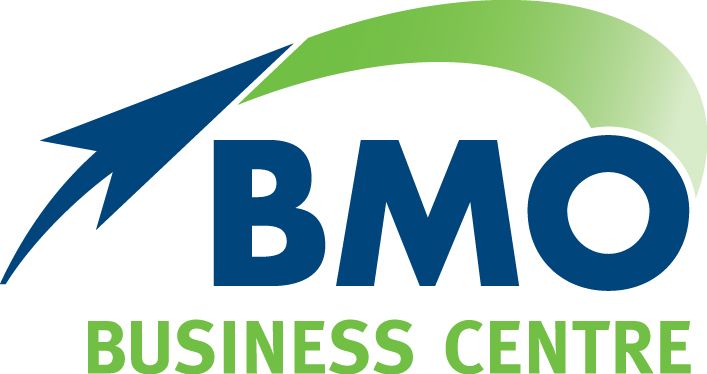The hidden tax trap: understanding personal services income
With more Australians choosing self-employment and small business ownership, many turn to company structures for tax efficiency and flexibility.
The appeal is clear: companies with a turnover under $25 million benefit from a flat 25% tax rate, compared to the top personal marginal rate of 45% (plus the Medicare levy). That’s a significant difference and one that can make incorporation seem like a smart move.
A company structure also offers other advantages, such as the ability to claim tax deductions, retain profits within the business and distribute franked dividends to shareholders.
But, while the benefits are appealing, the ATO’s Personal Services Income (PSI) rules can quickly change the game. If the ATO determines that your income falls under PSI, it can override the positives of operating through a company and result in higher personal tax obligations.i
What is PSI?
PSI is income that is mainly a reward for your personal effort, skill or expertise. It’s assessed on a contract-by-contract basis and applies whether you operate as a sole trader or through a company, trust, or partnership.
Taxpayers in almost any industry, trade or profession can earn PSI, including financial professionals, engineers and medical practitioners.
Income is not normally deemed to be PSI if it is mainly derived from supplying or selling goods, generated by an income-producing asset, or produced from granting a right to use property (such as intellectual property).ii
One example of PSI is the income earned by an IT consultant employed by their own company using a client’s equipment to complete their work, because this mainly involves their personal effort and skills. Another example may be a freelance engineer, hired to provide design expertise on a project.
On the other hand, the ATO is less likely to consider as PSI a truckdriver who drives their own truck because the income is mainly derived by the use of the truck, not the truck driver’s personal effort. Similarly, the income a photographer earns from selling prints or licensing images is not likely to be deemed PSI.
Only individuals can earn PSI, but it can be received directly (as a sole trader) or indirectly through a company, trust, or partnership. If you earn PSI through another entity, that entity is referred to as a personal services entity (PSE).
How do you know if the PSI rules apply?
Taxpayers who receive PSI must self-assess each year to determine whether the PSI rules apply. You can avoid the PSI rules for one year if you qualify as a Personal Services Business (PSB) by passing one of the following tests:
- The results test At least 75% of your income must meet all three of these conditions: you’re paid to produce a specific result; you provide your own equipment or tools; and you’re required to fix mistakes at your own cost.
- The 80% rule Less than 80% of your income comes from one client and you meet at least one of three tests: unrelated clients test, employment test, and business premises test.
What’s the impact of the PSI rules?
If you don’t qualify as a PSB, the PSI rules kick in and they can significantly affect your tax position.
Here’s what changes:
- Your income is taxed at your personal marginal rate, even if it’s earned through a company, partnership, or trust
- Your business can only claim deductions that an individual would be entitled to (such as work-related travel or equipment)
- You cannot claim deductions for rent, mortgage interest, payments to associates, or other business-like expenses unless they directly relate to earning PSI
Does PSI affect your business relationships?
Importantly, the PSI rules do not change your legal or contractual status.
You can still operate under an Australian Business Number (ABN), register for goods and services tax (GST) and maintain a contractor relationship with clients.
However, PSI does affect how your income is taxed and what deductions you can claim.
If PSI is generated by a number of people within your business, deductions must be allocated proportionally to each person’s income.iii
The PSI rules can be complex, so if you would like more information on how they affect your tax obligations, call our office today.
i Personal services income | Australian Taxation Office
ii Income that is PSI | Australian Taxation Office
iii Claiming deductions when receiving PSI | Australian Taxation Office


